News

The GSC Welcomes Dr. Alexander Wyatt
The GSC is pleased to announce that Dr. Alexander Wyatt, Assistant Professor in the Department of Urological Sciences at UBC and Senior Research Scientist at the Vancouver Prostate Centre, has recently joined the GSC as a Scientist. His research is focused on methods of analyzing circulating tumour DNA in advanced prostate and bladder cancer.
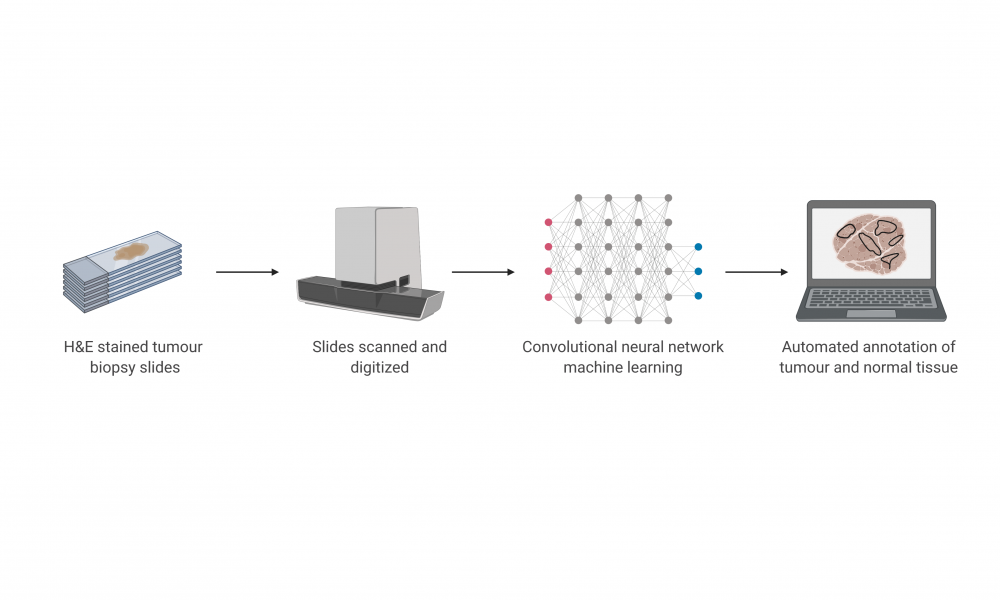
A deep learning-based approach for colorectal cancer diagnostics
Significant advancements in sequencing technologies have enabled rapid genomic and molecular characterization of cancers, improving diagnostics and treatment planning. The annotation of tumour tissue samples prior to these analyses, however, still requires the time and expertise of a pathologist and represents a bottleneck in cancer genomics.

Fifty Points of Significance
In 2013, Nature Methods launched Points of Significance, a popular column devoted to enhancing statistical literacy among life scientists. Seven years, 50 articles and ~471,000 accesses later, authors Martin Krzywinski and Dr. Naomi Altman continue to illuminate key statistical methods with profound importance in biological research.
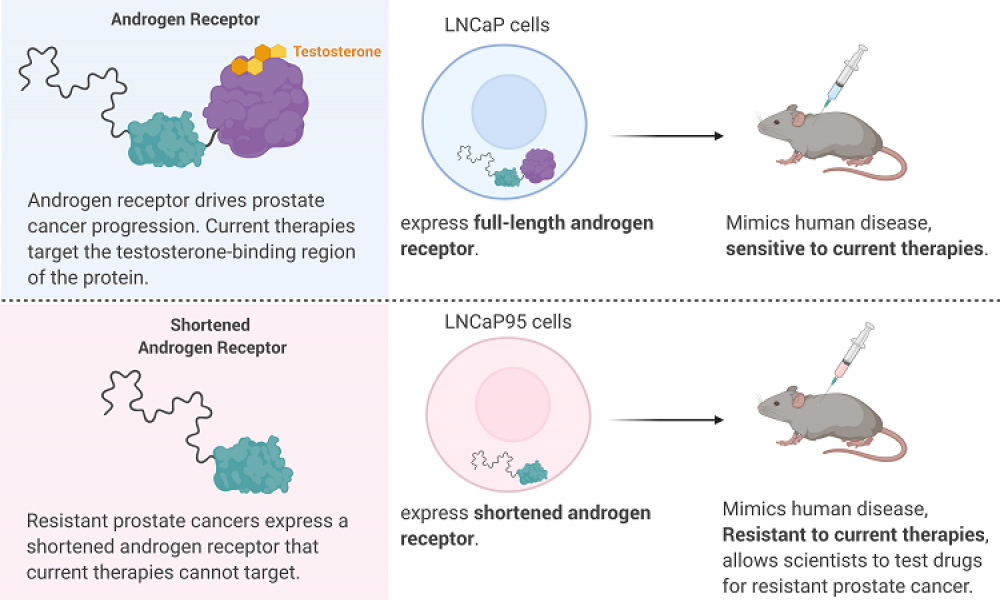
An optimized tool for the development of novel therapies for treatment-resistant prostate cancer
The development of novel therapeutics for the treatment of chemotherapy-resistant prostate cancer relies on disease models that accurately mimic the progression of human disease. When transferred into mice, a particular cell line does just that, allowing researchers to test the efficacy of potential drugs. But studies have shown that the cell line suffers from a lack of reproducibility and that an improved model of treatment-resistant prostate cancer is needed.
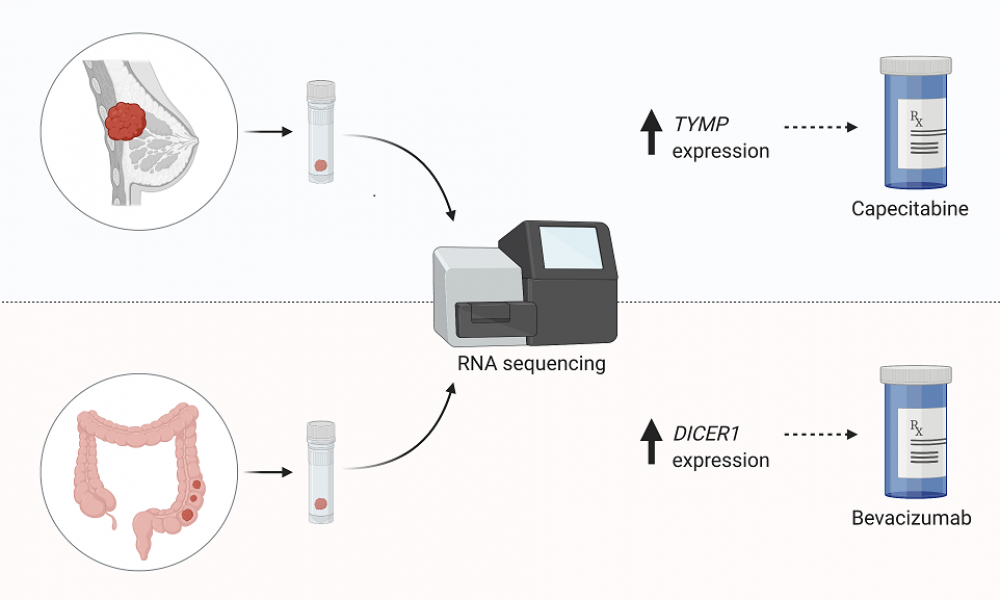
POG researchers uncover potential biomarkers for the treatment of advanced stage breast and colorectal cancer
Cancer is a disease of the genome, and research has shown that the genomic alterations in a tumour influence treatment response and failure. For advanced-stage breast and colorectal cancer, tumour sequencing has now uncovered key alterations that can guide clinicians in determining the best course of treatment for their patients.
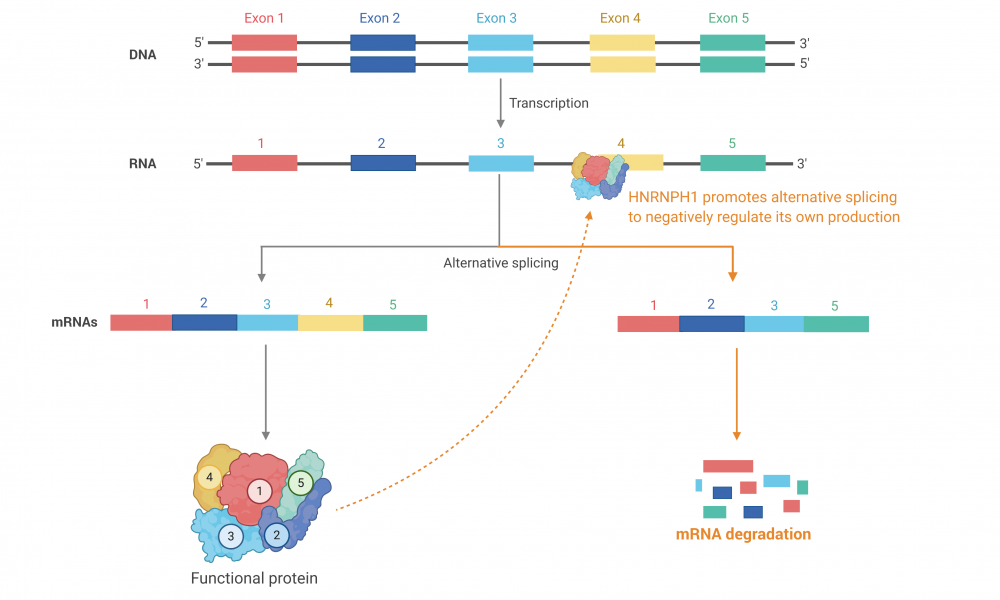
Genomics study uncovers a novel feature of mantle cell lymphoma biology
In a new study published in the journal Blood, led by GSC Senior Scientist Dr. Ryan Morin, researchers used exome, genome and transcriptome sequencing to characterize MCL tumours and identified a novel feature of MCL biology.
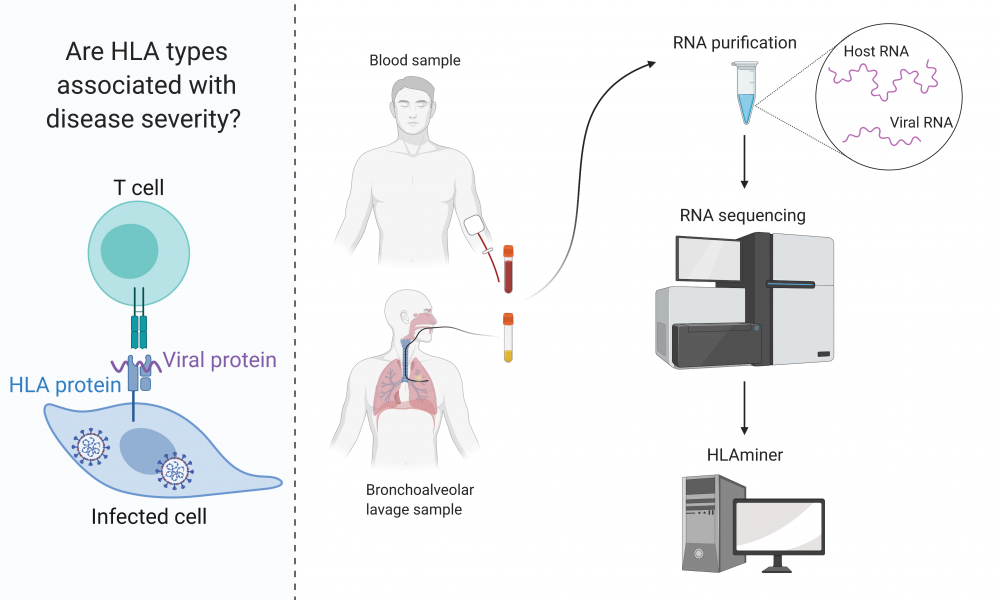
A bioinformatics method may help uncover link between immune system variability and SARS-CoV-2 susceptibility
The striking variability in disease severity in people infected with SARS-CoV-2 has been attributed to several host factors, including age, pre-existing health conditions and differences in host genetics and immune responses. In a study published in the journal Bioinformatics, Dr. Inanc Birol and René Warren demonstrated the technical feasibility and utility of the bioinformatics tool, HLAminer, to investigate the role of host immune system variability in COVID-19 disease susceptibility.
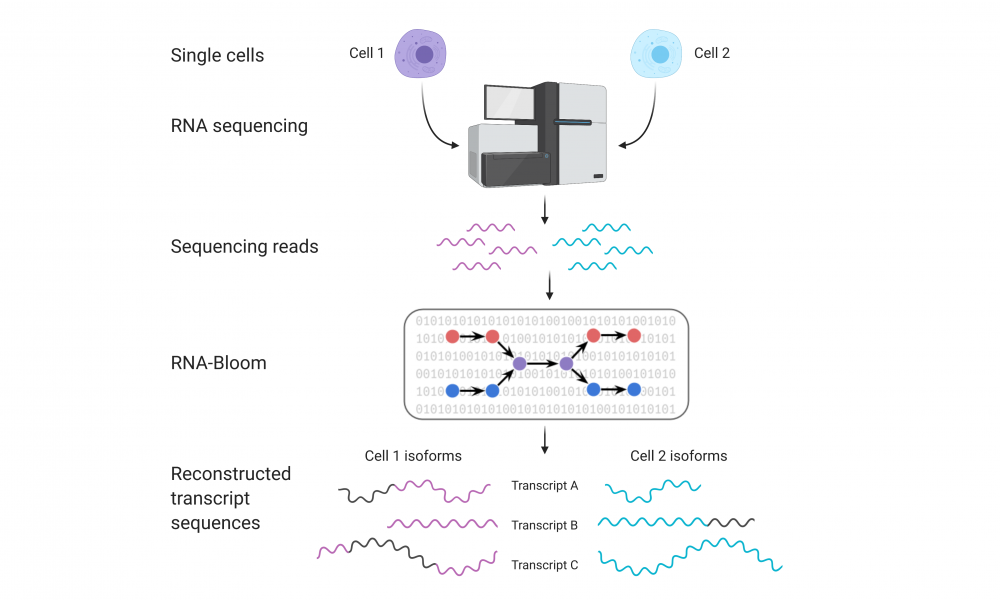
New tool enables researchers to assemble transcript isoforms from single cells
The advent of single-cell RNA sequencing technologies has provided unprecedented opportunities for the analysis of transcriptomes at single-cell resolution, allowing researchers to explore cell-to-cell variability. Now, researchers have developed a tool for the analysis and identification of RNA isoforms from single-cell RNA sequencing data.
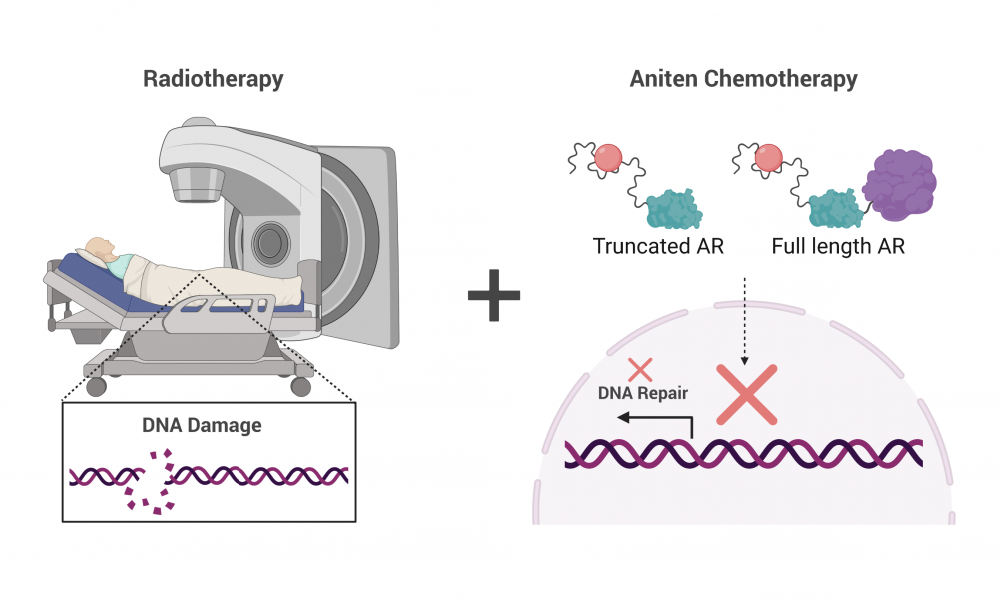
Cancer drug synergizes with radiation therapy in treatment-resistant prostate cancer
In a new study published in the journal Cancers, led by GSC Distinguished Scientist Dr. Marianne Sadar, researchers have demonstrated a potential synergistic treatment strategy for resistant cases of prostate cancer.